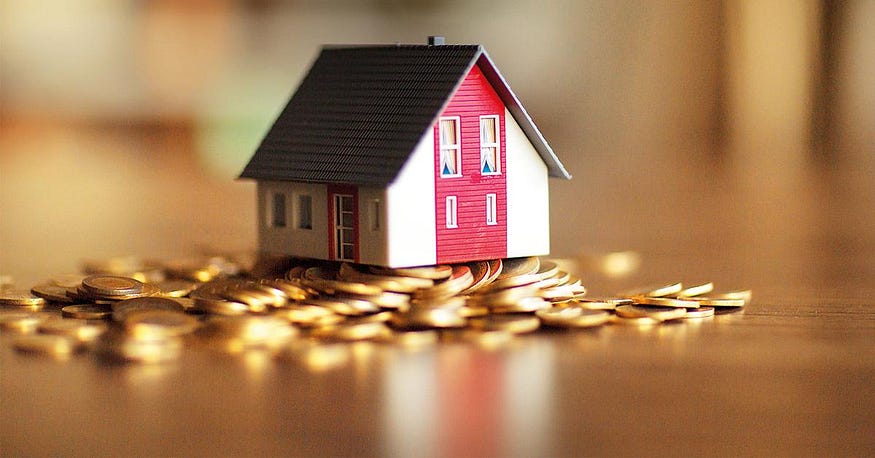5 things to keep in mind while flipping properties
Buying a house is always seen as an investment buy something is changing. Buyers are no longer looking at property as only a long term investment or as a place for them to grow old in. And a new market has emerged for old houses in need of repair. Flipping properties is trending. Done right, it can be a very profitable idea. So, let’s figure what it’s all about.
Flipping house meaning
Flipping properties is an American concept that is growing across the world. The idea here is to buy property that is broken down do it up and then resell it. Since you’re buying a house that is in need of some TLC, you can buy it at a bargain. And, when it’s been all fixed up, you can make a tidy profit at the sale.
If you’re a first time house flipper, here are a few dogs and don’t.
Follow the 70% rule
To make a profit while flipping houses, you must be able to buy cheap. The 70% rule says that you must invest only 70% of the expected sale value minus the cost of repairs.
So you need to first approximate the value of the house after repairs. Then multiply this number with .7 and subtract the estimated cost of repairs. This will give you the maximum amount you should spend on buying the house.

Stick to a timeline
The very essence of the flipping house meaning is that you buy, repair and sell in a short time. Don’t fall in love with the house. It isn’t where you’re going to grow old — it is a project and should be treated as such. Experienced house flippers advise 60 day timeline. This can be broken up into 30 days of repairs and 30 days of marketing. Keeping the property for longer than this can cut down on the profit margin.
Buy good bones
Not all houses can be repaired for a profit. If the house has serious water damage and seepage or the foundation is sinking, it requires much more than plastering and redecorating. Ensure that the property has a strong foundation and ‘good bones’. Also, avoid buying property in bad localities. You may do up the house and make it look luxurious but if it’s on a seedy street, Noone will want to buy it. That said, developing neighborhoods are a great place to invest your money.
Find the balance between DIY and professionalism
When you’re turning a house around for profit, the less you spend on repairs, the higher your margins. So, you may be tempted to do a lot on your own. DIY is a good way to save money as long as you know what you’re doing. Ideally, call in a professional for anything related to wiring and water. The plastering and paint, woodwork and carpeting are things you could try to do kn your own. That said, remember, if you don’t do a neat job, you’ll have to spend double the money getting it redone by a professional.
Think like an investor
Flipping a house is not the same as building your dream house. This is a property you will need to sell soon. Hence, you must think like an investor. Give yourself a budget and do your best to stick to it. Determine what repairs will add the most value. For example, is it better to invest in better quality floor tiles or fancy light fixtures? Things you buy only for their aesthetic value can become quite expensive eventually.
Should you start flipping properties?
Not everyone can flop properties profitably. This could be good for you if you have an eye not just for interior design but also seeing the potential in dilapidated houses. You also need to have reasonably good DIY skills — you don’t want to outsource everything to the contractor. Next you need a good contractor you can trust. They should have relevant experience and be able to maintain timelines. If you think this sounds like an exciting path to go down, try it out. Find houses in your city that are not selling on the market, evaluate and design it and get started making it a dream house for someone else.
Source url :https://medium.com/@timesproperty/5-things-to-keep-in-mind-while-flipping-properties-cf85a6355082




Comments
Post a Comment